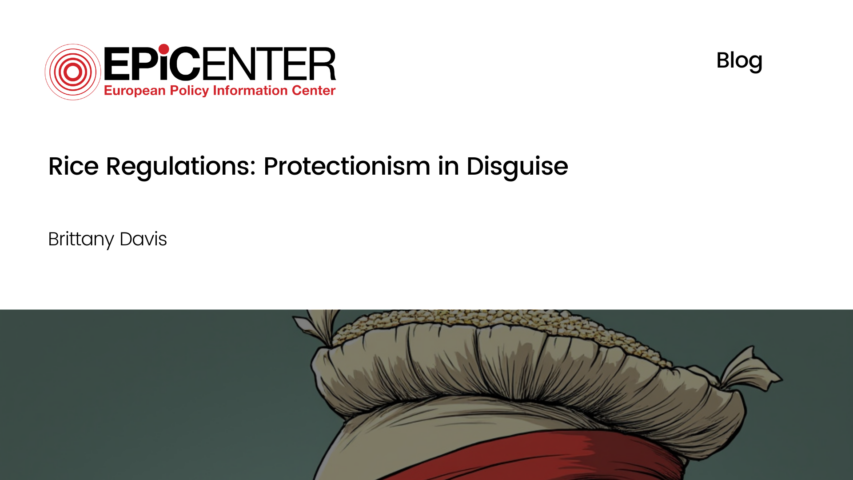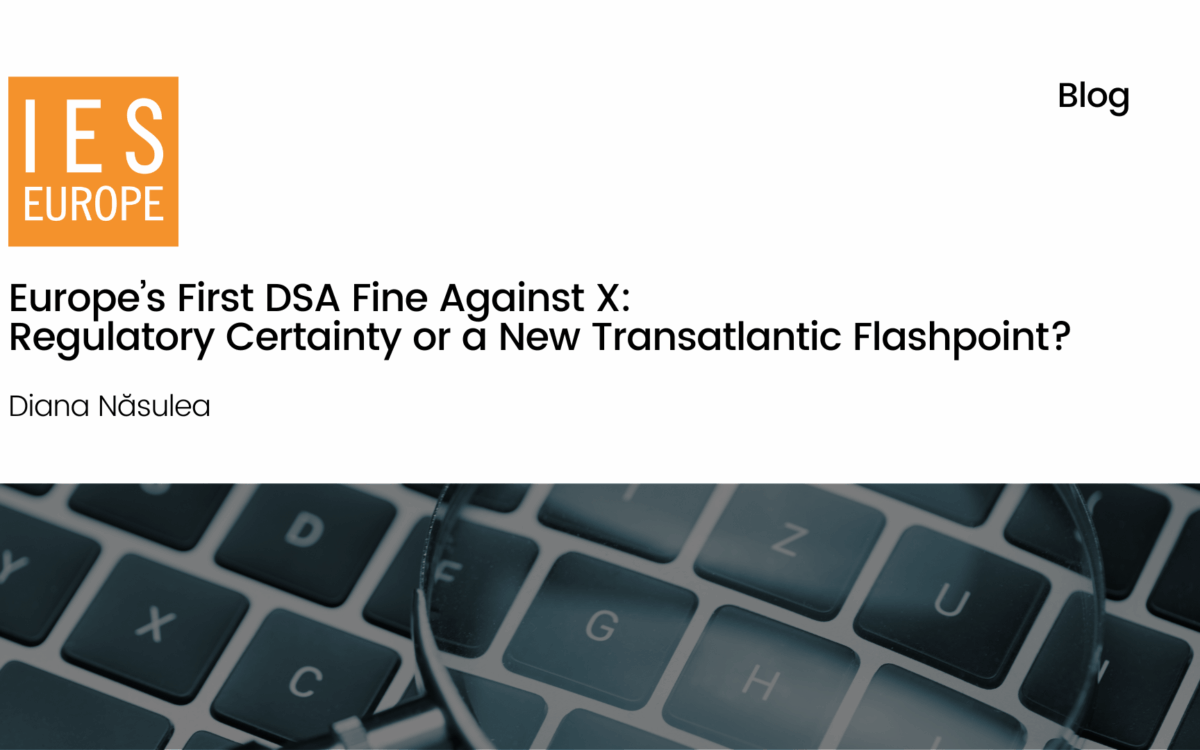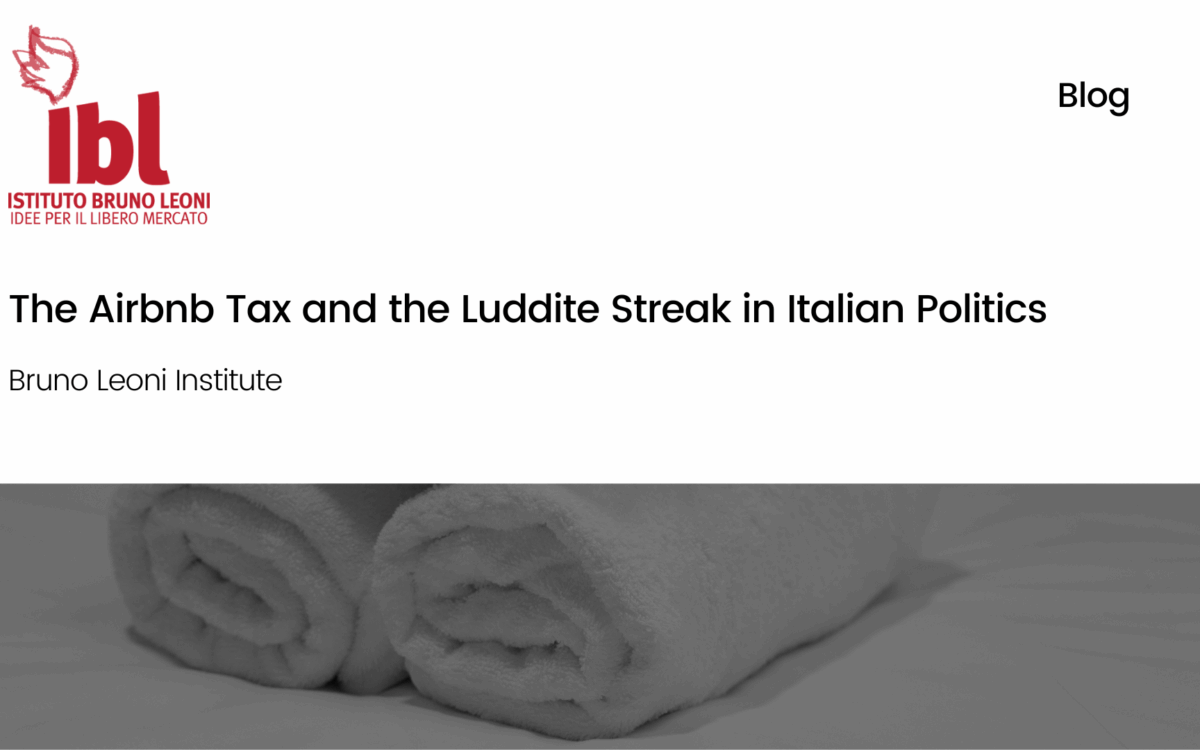Rice Regulations: Protectionism in Disguise

Rice Regulations: Protectionism in Disguise
Brittany Davis // 18 February 2019
In January the European Union announced a ‘significant’ increase of customs duties on Indica rice produced in Cambodia and Myanmar and exported to the EU. This move met with praise from Italy, one of eight countries in the EU who produce Indica rice – and the largest EU rice producer. However, the tariffs were not lauded by all.
The EU is Myanmar’s 6th largest trading partner, and Myanmar relies on the Generalised Scheme of Preferences (GSP) for support in its development towards political, economic, and social stability. The GSP lowers tariffs for developing countries to allow them access to the EU markets for them to grow and develop. However, with the GSP, the EU can also unilaterally (re)impose tariffs as the countries get richer. Cambodia and Myanmar have described the tariffs as a ‘weapon’ against farmers who are already poor and struggling. Even the threat of tariffs on rice have been damaging for exports and farmers from Cambodia and Myanmar, as some trading partners have asked to end the trading contracts as a result.
This begs the question: why is the EU trying to defend a small, uncompetitive section of Italian agriculture from competition from some of the poorest people on earth? It is extremely beneficial for developing countries to integrate into the world economy, as it can lead to faster growth and development. This tariff can be seen as an example of a protectionist measure by the EU trying to defend interests that shouldn’t necessarily be defended. The EU tends to be overly precautionary when it comes to regulation, with non-tariff trade barriers based more on popular prejudice or demands of interest groups than evidence, ultimately damaging consumers and exporters in developing countries. Protectionist measures, especially in this case, are unfair on both producers and consumers and inefficient in international markets through preventing global competition.
To make this new policy even worse, the EU is not self-sufficient in rice production, in fact far from it, as the EU market itself is geared towards imports of Indica rice. EU members only produce about 60% of total consumption, and presumably need to import the rest. In total, less than 1% of all global rice production comes from the EU.
At Italy’s request, the European Commission investigated rice production in Cambodia and Myanmar, and its impact on the EU. The investigation revealed that Cambodia and Myanmar’s rice production has risen by 89% over the past five years and has “damaged” the market share of rice produced in the EU, as their prices were lower (and continuing to drop) than rice produced within the bloc.
Economic competition between countries benefits both producers and consumers, as it keeps prices low and product-quality high. The idea that trade itself is beneficial is one of the most widely accepted economic theories. These tariffs directly oppose the ideals of free trade, which encourages specialisation and innovation in specific sectors. Italy’s comparative advantage is not in rice production, but in more technologically advanced sectors. On the other hand, agriculture is one of the top exports for Cambodia, and rice specifically is the second highest export for Myanmar. If the argument for the tariffs is that the import of rice is causing workers to lose their jobs, a point can be made that inflexible labour markets are inefficient, regardless of the cause of the lost jobs. Trade re-arranges employment – as it is positive sum, not zero-sum. Labour markets are generally flexible, so that workers will find new jobs if they are displaced due to trade and competition. These lost jobs are re-created in new businesses and industries that are created as a result of trade.
The purpose of the GSP is to help developing countries and promote free trade, however the EU also tends to protect their farmers through agricultural tariffs that directly harm the beneficiaries of the GSP. The GSP preferences tend to be unilateral and conditional, which means that (as we have seen in this case) they can easily be withdrawn by the EU. This is particularly harmful to the developing country because they are the ones who have to pay the higher tariff rates. This has several effects: most importantly that it is harder for the developing country to invest in development, while the prices are higher for consumers within the developed country.
Although the Cambodian and Burmese rice has been found to be damaging to Indica rice production in the EU, the tariffs will be damaging to the rice producers in Cambodia and Myanmar. Farmers will need to cut their production costs or even have to change what crops they produce in response to the additional duty costs. All in all, Cambodia and Myanmar benefit from the GSP within the EU rice market, and these tariffs are a challenge that will likely prove difficult for both countries to overcome.
EPICENTER publications and contributions from our member think tanks are designed to promote the discussion of economic issues and the role of markets in solving economic and social problems. As with all EPICENTER publications, the views expressed here are those of the author and not EPICENTER or its member think tanks (which have no corporate view).



